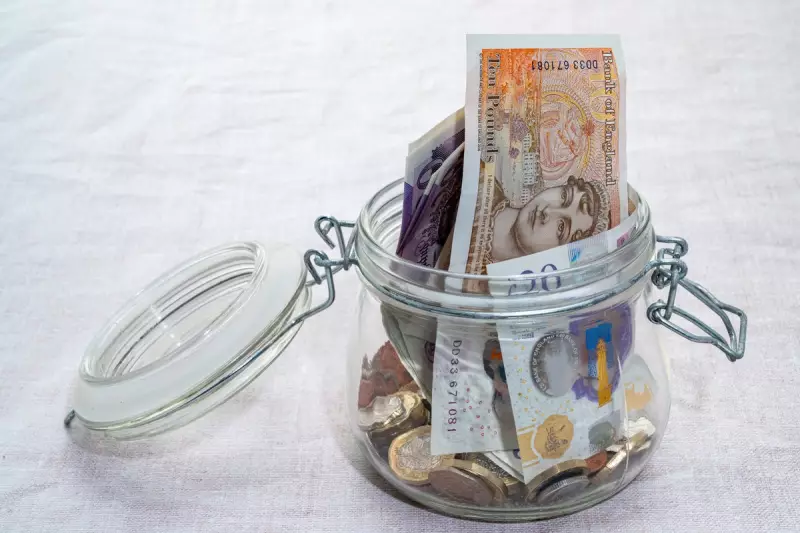
In an era of rising living costs, a centuries-old budgeting method is making a dramatic comeback, promising to revolutionise personal finance for Britons. The envelope system, famously structured around the 70/20/10 rule, is being hailed by experts as a powerful antidote to financial stress.
Leading money-saving expert Gemma Bird, known to her followers as Money Mum, champions this tactile approach to managing money. "It's about making your finances visible and intentional," she explains. "When you physically allocate cash, you become acutely aware of where every pound goes."
The Revolutionary 70/20/10 Framework
At the heart of this method lies a simple yet powerful allocation strategy:
- 70% for Essentials: This portion covers your fundamental living costs – housing, utilities, groceries, and transport.
- 20% for Savings & Debt: Dedicate this fraction to building your financial safety net and reducing outstanding debts.
- 10% for Lifestyle: The remaining portion is yours to enjoy guilt-free on leisure and personal pleasures.
Why Physical Cash Still Matters in a Digital World
Despite our increasingly cashless society, Bird insists there's profound value in using physical notes. "Watching actual money leave your hands creates a psychological barrier against mindless spending," she notes. This tangible connection to your finances often leads to more thoughtful purchasing decisions.
Adapting Traditional Wisdom for Modern Banking
For those who prefer digital convenience, Bird suggests a hybrid approach. "Use separate bank accounts or digital pots that mimic the envelope system. Many banking apps now offer this exact functionality." The principle remains unchanged: categorise your money before you spend it.
Beyond Budgeting: The Psychological Benefits
This method does more than just organise finances—it reduces the anxiety associated with money management. By creating clear boundaries, individuals report feeling more control and less stress about their financial situation.
As Bird concludes, "It's not about restriction; it's about empowerment. Knowing exactly where your money is going liberates you to make confident financial decisions and build genuine security."





